VSAQ for Chapter 12 Earth, Moon, and the Sun Class 7 Science NCERT
Important Questions1
Q1: What is a partial solar eclipse?
Answer
A partial solar eclipse occurs when the Moon partially blocks the Sun.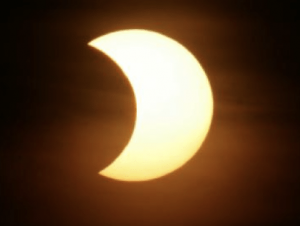
VSAQ
2
Q2: Why is the Moon able to block the Sun during a solar eclipse?
Answer
The Moon is much smaller than the Sun, but it is much closer to the Earth, making it appear to cover the Sun.
VSAQ
3
Q3: What is rotation?
Answer
Rotation is the spinning of an object around its own axis.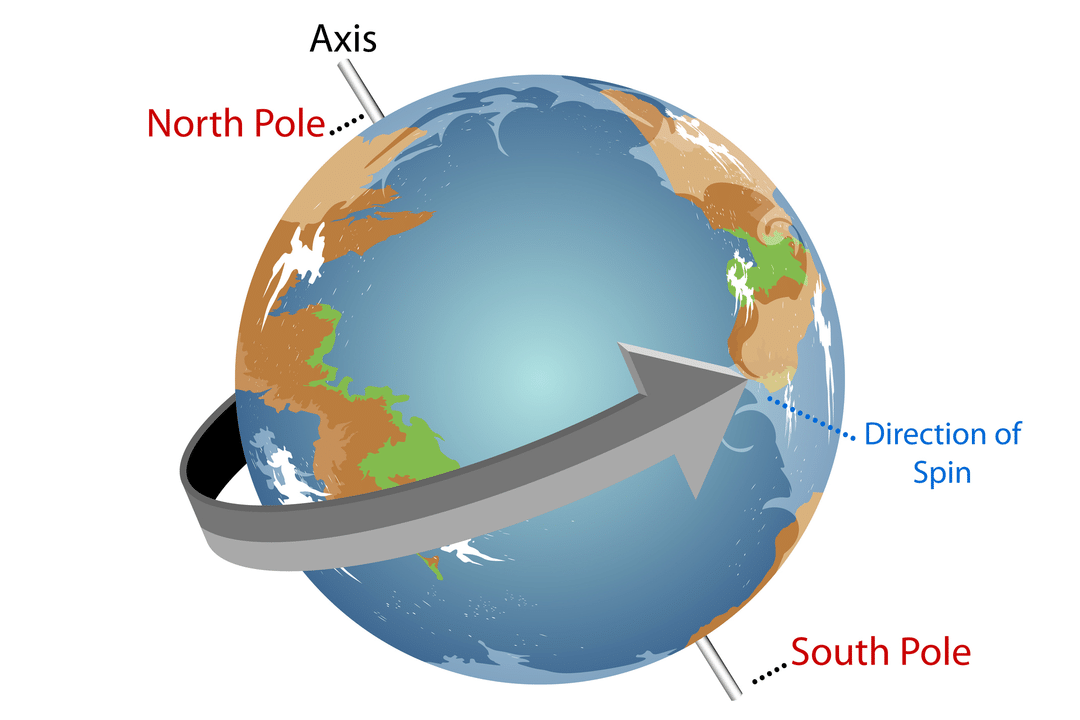
VSAQ
4
Q4: What is the Earth's axis of rotation?
Answer
It is an imaginary line that passes through the North and South poles.
VSAQ
5
Q5: How long does it take for the Earth to complete one rotation?
Answer
About 24 hours.
VSAQ
6
Q6: Which direction does the Earth rotate when viewed from the North Pole?
Answer
The Earth rotates in the anti-clockwise direction, from West to East.
VSAQ
7
Q7: What causes day and night on Earth?
Answer
The Earth’s rotation causes day and night.
VSAQ
8
Q8: What happens during the rotation of the Earth on its axis?
Answer
Half of the Earth faces the Sun and experiences daytime, while the other half experiences nighttime.
VSAQ
9
Q9: What direction does the Sun appear to move in the sky?
Answer
The Sun appears to rise in the East and set in the West.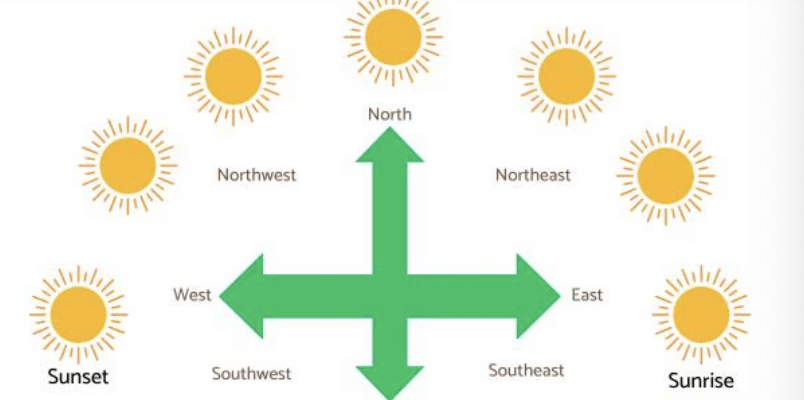
VSAQ
10
Q10: What causes the stars to appear to move in the sky?
Answer
The Earth’s rotation causes the apparent movement of stars.
VSAQ
11
Q11: What is revolution?
Answer
Revolution is the movement of the Earth around the Sun along its orbit.
VSAQ
12
Q12: How long does the Earth take to complete one revolution around the Sun?
Answer
About 365 days and 6 hours.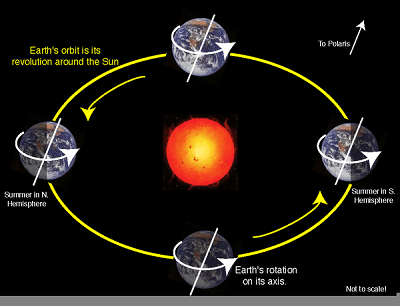
VSAQ
13
Q13: Why do the stars in the night sky change over the course of a year?
Answer
The changing position of the Earth in its orbit around the Sun causes different stars to be visible at different times.
VSAQ
14
Q14: What causes the seasons on Earth?
Answer
The tilt of the Earth’s axis and its orbit around the Sun causes the seasons.
VSAQ
15
Q15: When does the Northern Hemisphere experience summer?
Answer
In June, when the Northern Hemisphere is tilted towards the Sun.
VSAQ
16
Q16: When does the Northern Hemisphere experience winter?
Answer
In December, when the Northern Hemisphere is tilted away from the Sun.
VSAQ
17
Q17: What happens during a solar eclipse?
Answer
The Moon blocks the Sun’s light from reaching the Earth.
VSAQ
18
Q18: What is a lunar eclipse?
Answer
A lunar eclipse occurs when the Earth blocks the Sun’s light from reaching the Moon.
VSAQ
19
Q19: Why should we not look directly at a solar eclipse?
Answer
Directly viewing a solar eclipse can damage the eyes and cause blindness.
VSAQ
20
Q20: What is the cause of the apparent motion of the Sun in the sky?
Answer
The apparent motion of the Sun is caused by the Earth’s rotation around its axis.
VSAQ
21
Q21: Why do we experience different seasons on Earth?
Answer
Different seasons occur due to the tilt of the Earth’s axis while it revolves around the Sun.
VSAQ
22
Q22: What is a solar eclipse?
Answer
A solar eclipse occurs when the Moon passes between the Earth and the Sun, blocking the Sun’s light.
VSAQ
23
Q23: What is a lunar eclipse?
Answer
A lunar eclipse occurs when the Earth passes between the Sun and the Moon, casting a shadow on the Moon.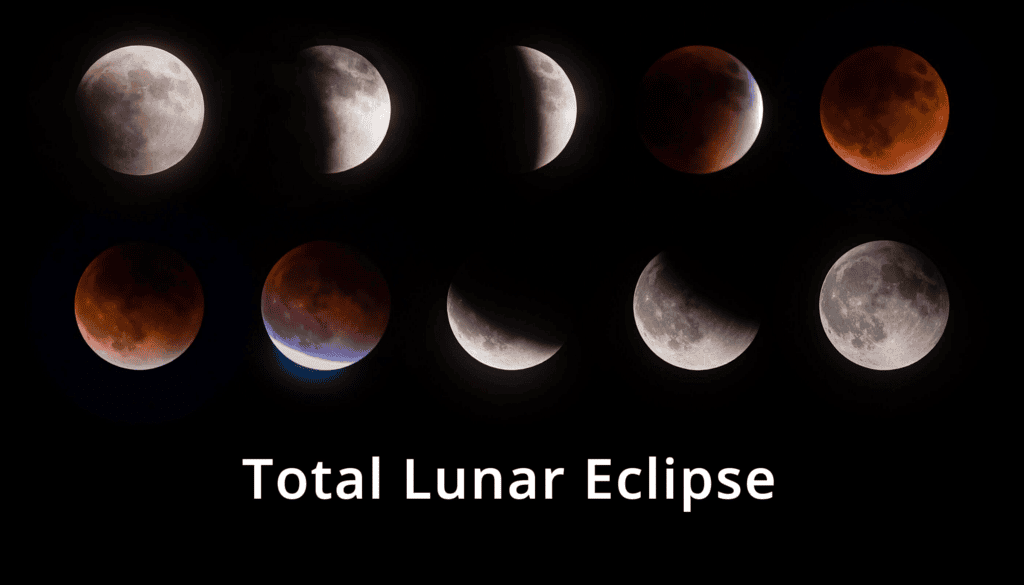
VSAQ
24
Q24: In which direction does the Earth rotate?
Answer
The Earth rotates from West to East.
VSAQ